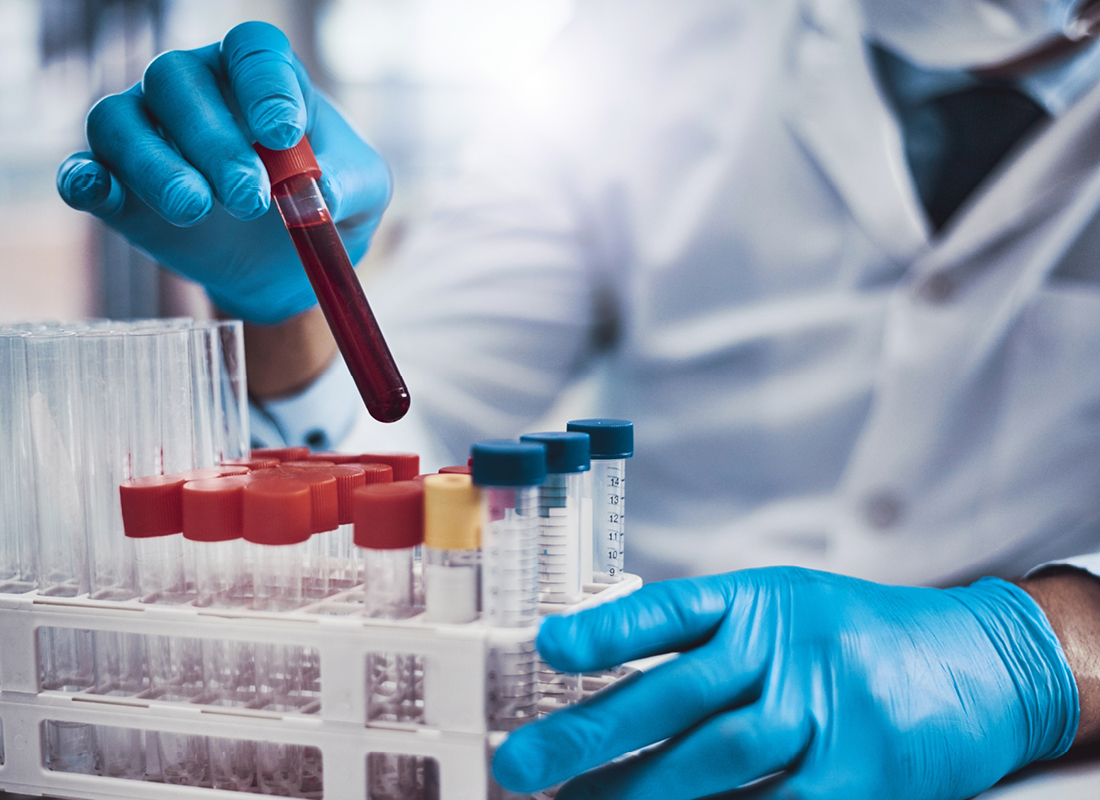Test Kits Included in Class 1 Devices Exempt from 510k Filing
From - National Intelligence Report The FDA has determined that 71 device types, including some diagnostic test kits, should be exempt from 510k filings. These devices are deemed "sufficiently well understood and do not present risks that… . . . read more

The FDA has determined that 71 device types, including some diagnostic test kits, should be exempt from 510k filings. These devices are deemed “sufficiently well understood and do not present risks that require premarket notification to provide a reasonable assurance of safety and effectiveness,” the FDA said in a statement regarding the determinations. Generally, devices introduced to market after 1976 require either FDA notice under 510k or premarket approval, depending on their risk classification. Class 1 devices are the lowest risk devices, for which the agency has determined general controls will be “sufficient to assure safety and effectiveness.” A 510k filing gives the FDA notice of the intent to market the device and allows the FDA to decide if the new device is “substantially equivalent” with a device already on the market that doesn’t require full premarket approval.
The FDA announced the 71 class I device types in a notice published in the April 13, 2017 Federal Register. It is the result of efforts to streamline agency review under the 21 Century Cures Act, which was signed into law in December 2016. That Act requires the FDA to announce in the Federal Register within 120 days of enactment those devices that don’t require 510k reporting to give the agency assurance of safety and effectiveness. The FDA must also publish similar determinations at least once every five years.
The FDA considered the following in creating this list: a) “risk inherent with the device and the disease being treated or diagnosed (e.g., devices with rapidly evolving technology or expansions of intended uses)” b) history of adverse event reporting regarding the device type; and c) history of product recalls related to the type of device. The list currently includes some diagnostic devices including test kits. Limitations to the exemption are included in some cases, however. For example, some test kits are only partially exempt with the exemption not applicable to use for donor screening tests.
The devices in the list will still be required to satisfy general controls and remain subject to other statutory or regulatory requirements for which an exemption hasn’t been expressly issued.
Subscribe to view Essential
Start a Free Trial for immediate access to this article